Scotland FM calls for an alternative plan to May's Brexit deal
Scotland's National Party (SNP) leader and First Minister Nicola Sturgeon has called for an alternative contingency plan in order to avoid a probable no-deal Brexit, speaking to British Prime Minister Theresa May in London.
"I used today's meeting with the prime minister to reiterate that it cannot - and must not - be a false choice between her proposed deal and a no-deal outcome," said Sturgeon after the Monday meeting.
The Scottish First Minister further explained that the prospect of a no-deal Brexit would be "utterly disastrous for jobs, business and living standards" and that a "workable alternative" to May's Brexit plan is needed.
"That means there should be an extension to the Article 50 process, and we will join with those from other parties in trying to secure such an extension," added Sturgeon.
The Article 50 process is the legal and political withdrawal process from the European Union. Extending it would keep the UK in the EU beyond the currently planned March 29 2019 departure date.
A Downing Street spokesperson detailing the meeting later said that May had urged Sturgeon to listen to the "fishermen, farmers and business leaders" who support her plan, warning of the implications of a no-deal Brexit and of possibly "going back to square one".
Brexit path "unclear" if down-voted
Responding to questions from the Exiting the European Union Committee of the House of Commons on Monday, Secretary of State for Exiting the European Union Stephen Barclay stressed that rejection of the currently purposed Brexit deal would have "unclear" outcomes.
“What I can be clear on is that the consequence of the vote not going through next week would be uncertainty for business, uncertainty for jobs,” added Barclay.
Last week, a UK government study revealed that the British economy may shrink up to four percent of its Gross Domestic Product (GDP) under the current Brexit deal negotiated by May's government.
The study warned that negative implications of a no-deal Brexit would be much higher.
May has to go with her Brexit deal through the British Parliament on December 11. Many expect the deal, which was finalized in an EU summit last week, to be rejected in the House of Commons.
Diplomat discourages recourse to pressure, intimidation, confrontation against Iran
UN: 2024 deadliest year for aid workers amid genocide in Gaza
Gaza health official warns of hospital shutdowns within 48 hours
Israel kills 5 more paramedics in southern Lebanon: Health ministry
Iran to launch ‘new, advanced’ centrifuges in response to IAEA resolution: AEOI
Yemen fires hypersonic missile at Israeli airbase
VIDEO | New Delhi chokes under toxic smog as air quality remains at hazardous levels
VIDEO | Press TV's news headlines


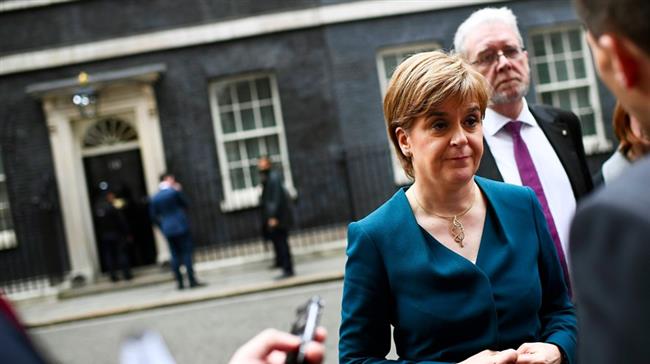

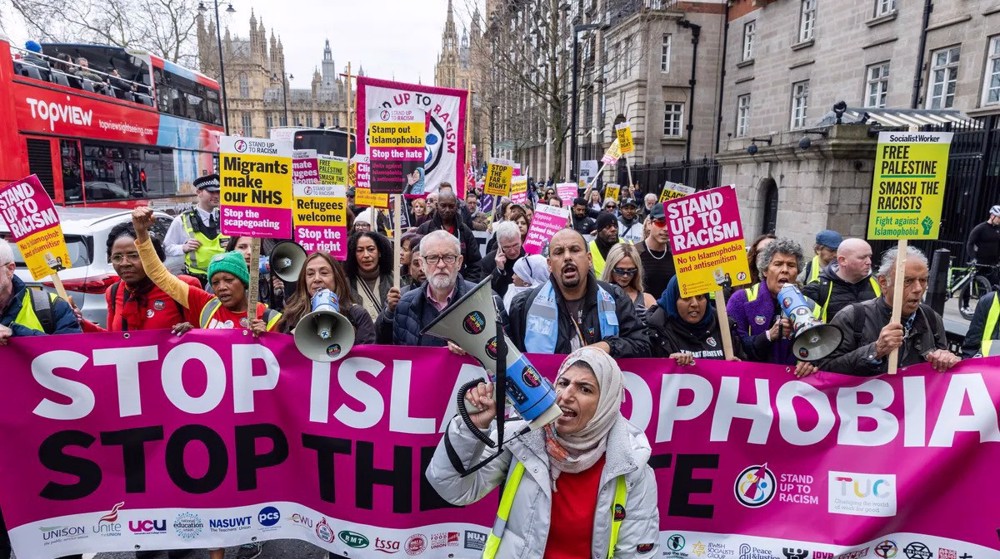
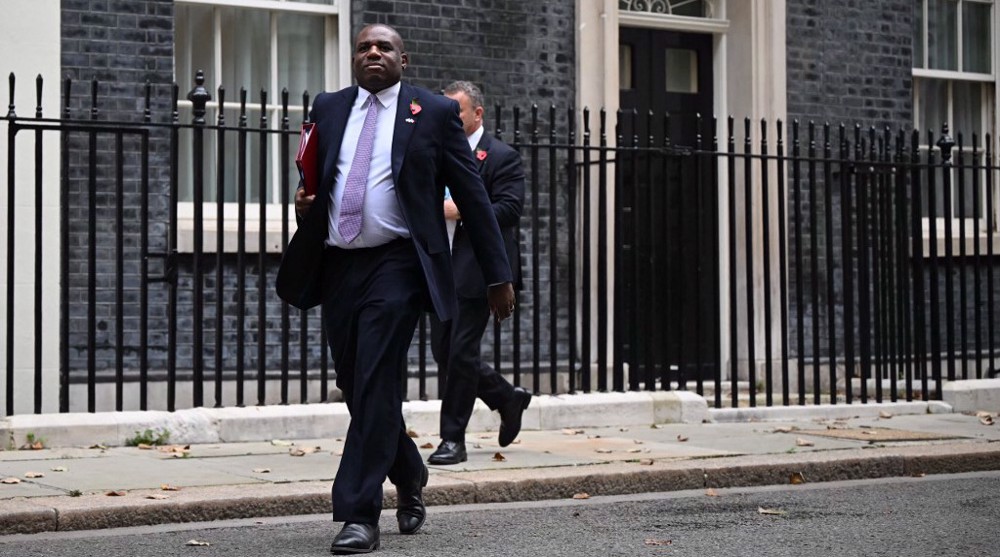
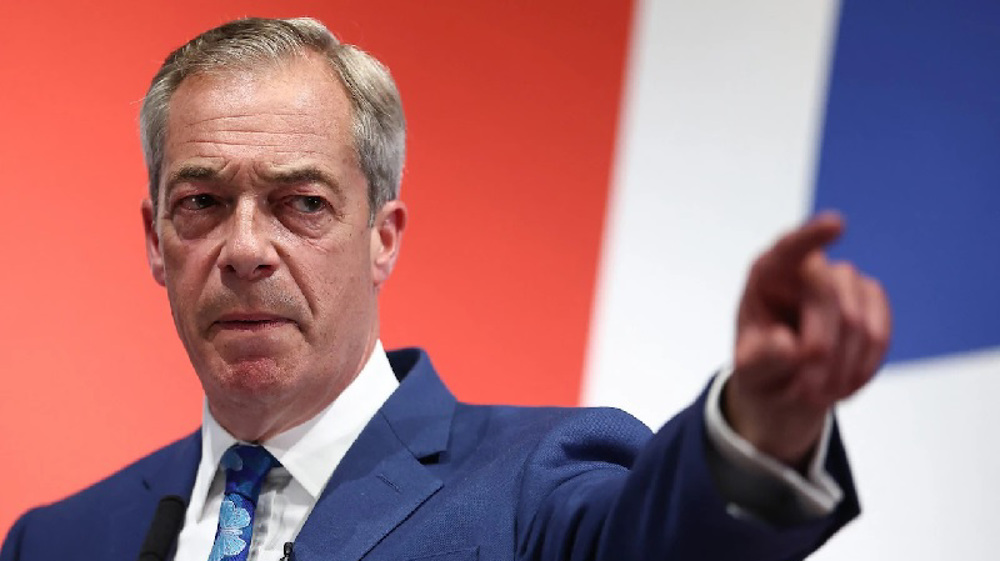



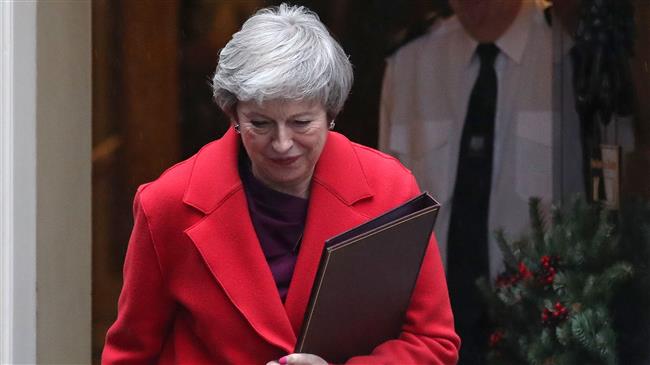
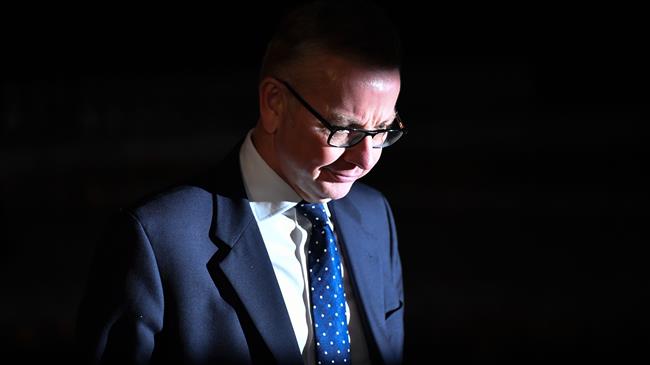
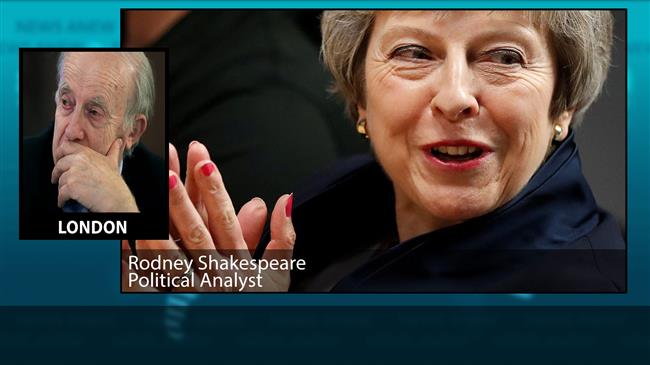
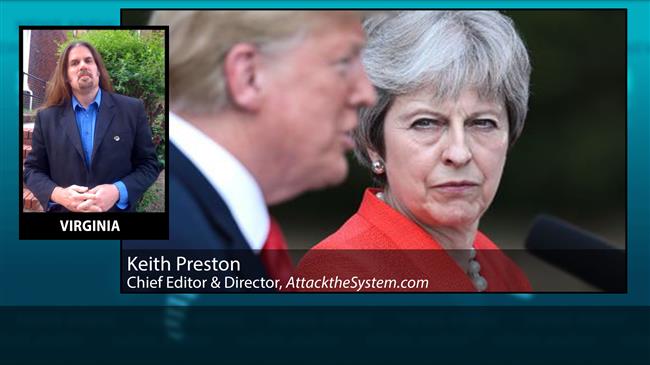
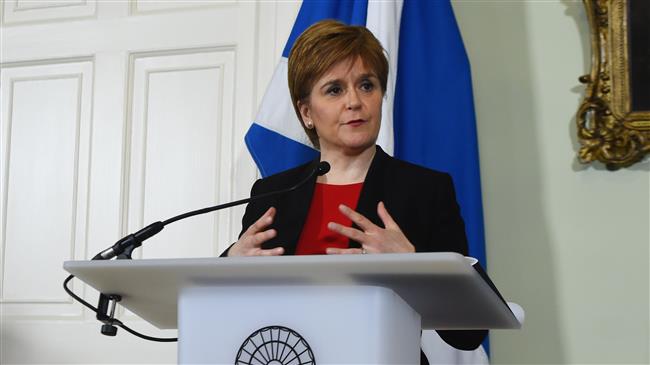

 This makes it easy to access the Press TV website
This makes it easy to access the Press TV website